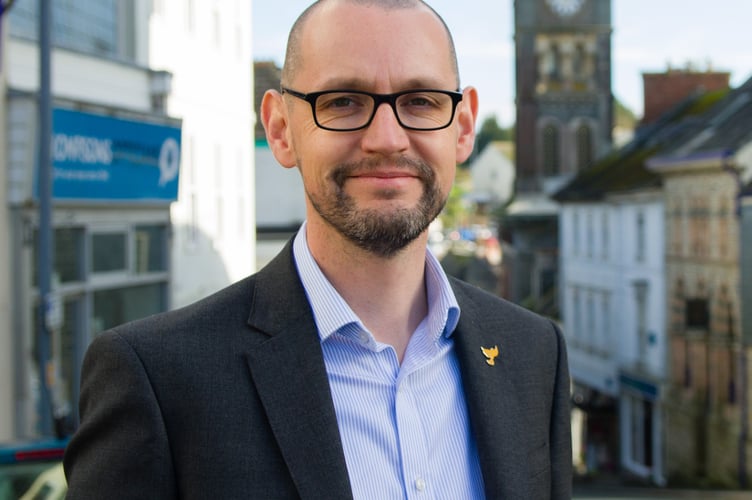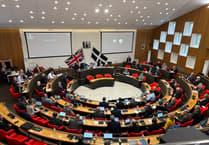On Thursday, voters across England will elect new representatives for 230 of the nation’s 317 councils.
Cornwall Council isn’t one of them (our next election isn’t due until 2025), but the results this week still matter for our democracy: Why? Because they will be the first elections to take place since the Conservative Government pushed the “Elections Act” through Parliament in the face of widespread opposition.
The most visible change brought in by the Act is the requirement for voters to bring photo-ID with them to the polling station. Unfortunately, around two million eligible voters simply do not have any of the approved forms of ID. They could still vote by requesting a “Voter Authority Certificate” from their local Council, but fewer than 5% of this group applied before last week’s deadline.
There have only been a handful of cases of in-person voter fraud in the past decade, so potentially disenfranchising two million voters is a textbook case of using a sledgehammer to crack a nut. The really crazy thing is that Councils aren’t actually verifying the photos being supplied for Voter Authority Certificates, opening up clear opportunities for fraud.
But for anyone really serious about voter fraud, there are far easier ways to cheat the system: There have been hundreds of cases of postal vote fraud, yet somehow the Government doesn’t seem so bothered about this. It even brought in a new rule allowing those who left the country over fifteen years ago to start voting in Parliamentary elections again, even if they pay no UK taxes and use no UK public services.
Could it be that the Conservative government has an ulterior motive for making it harder for young people and poorer people to vote, but easier for older people and ex-pats to vote (and for taking no action against second-home owners who vote twice)?!
Why have they decided to scrap the system which allowed people to indicate a “second preference” on the election of Police and Crime Commissioners and Directly Elected Mayors? This change is nothing to do with fraud, it’s simply a case of choosing a system which favours their party unfairly over the others.
Labour MPs opposed the Elections Act, but they still support the “First-Past-The-Post” system which gives the two big parties more than their fair share of seats in Parliament and on many Councils across the country. Just last week, Keir Starmer reaffirmed his support for this unfair system.
Last year marked a century since the Liberal Party made its first commitment to proportional representation. The Liberal Democrats’ commitment to fair votes is stronger than ever. If MPs want to restore public faith in our democracy, they must support proportional representation. Everything else is just a distraction.





Comments
This article has no comments yet. Be the first to leave a comment.